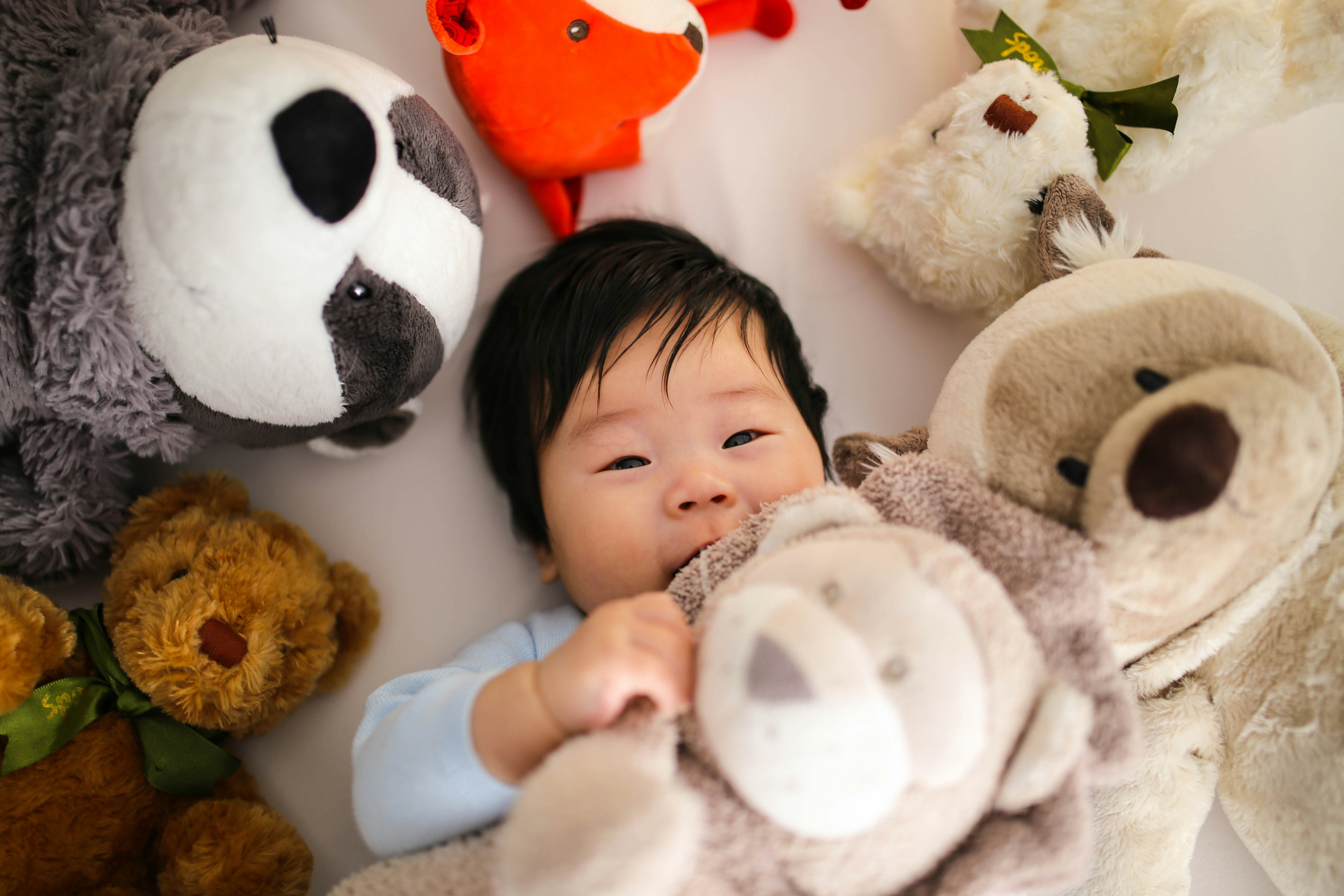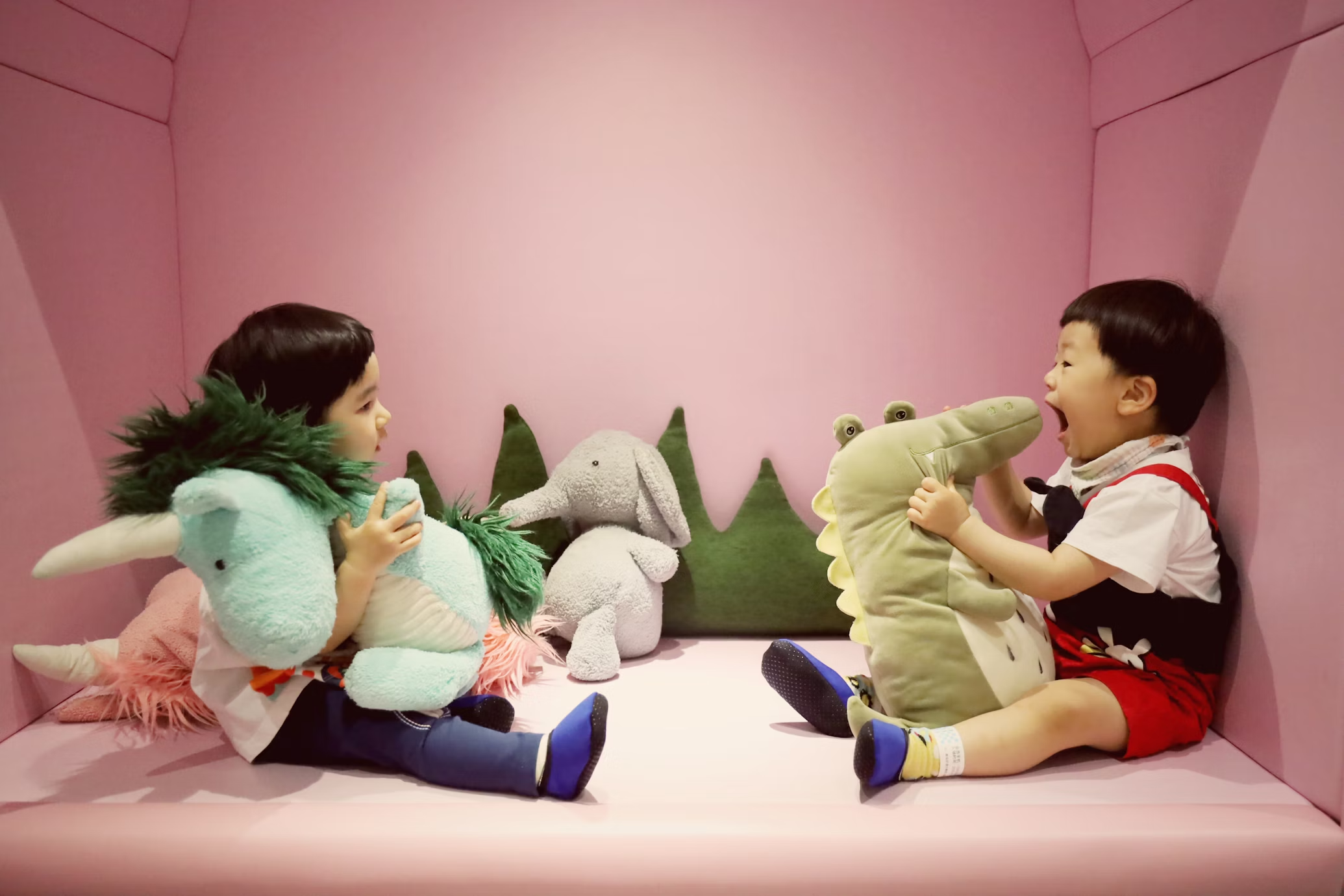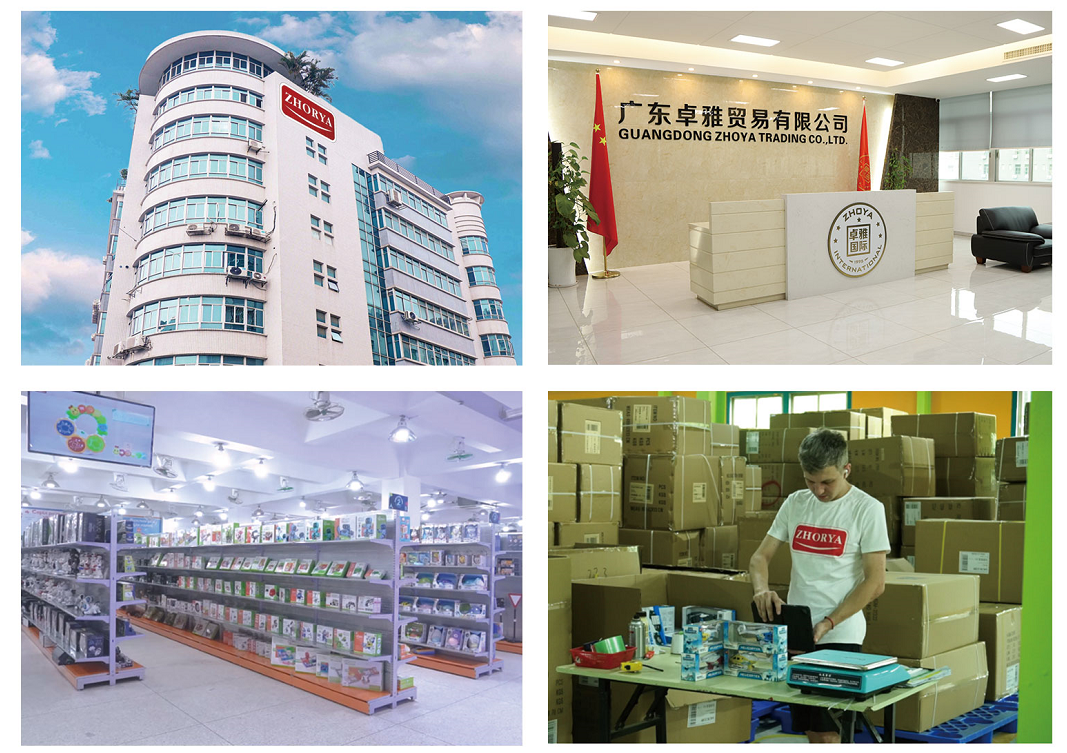Login
Join Free
Sourcing Plush Toys: Essential Considerations for Toy Buyers
For businesses seeking to create plush toys, choosing the right manufacturer is essential. The manufacturing process and quality of plush toys directly impact brand reputation, consumer safety, and customer satisfaction. This guide will walk toy buyers through the critical factors to consider when sourcing plush toys, including production standards, safety practices, material quality, and certification requirements.
1. Understanding the Plush Toy Production Process
The production of plush toys is intricate, involving multiple steps, including design, fabric cutting, sewing, stuffing, decorating, and quality control. Each stage is essential for ensuring a plush toy's durability, aesthetic appeal, and safety.
- Design Phase: Manufacturers start with a design plan based on market trends and client preferences. A skilled design team creates prototypes, which help visualize the final product and ensure it meets brand specifications.
- Cutting and Sewing: After the design is approved, the fabric is cut and sewn together to form the toy's shape. Precision is crucial here, as accurate cutting and sewing ensure consistency in the final product.
- Stuffing: Soft and safe materials, typically polyester fibers, are used to fill the toy. This step gives plush toys their characteristic softness and volume.
- Decorating and Detailing: Decorative elements like eyes, noses, buttons, or unique features are added to bring character and personality to the plush toy. These details should be securely attached to prevent any potential hazards, especially for younger children.
- Quality Control and Inspection: Each toy is checked for defects, ensuring it meets both the company’s and regulatory standards before packaging and shipment.
2. Certification Standards and Compliance
When selecting a plush toy manufacturer, certifications are a priority. Look for manufacturers that comply with international safety standards such as the below standards to ensure the toys are safe for children.
- CPSC and ASTM Compliance (for the US Market): The Consumer Product Safety Commission (CPSC) mandates that all toys meet ASTM standards for safety, including checks on hazardous materials and physical integrity.
- EN71 (for the European Market): EN71 standards address safety requirements specific to the EU, with tests covering flammability, mechanical properties, and chemical composition.
3. Prioritizing Safety: Key Manufacturing Standards for Plush Toys
Manufacturers should follow strict safety standards, particularly during the handling of sharp tools and attachments on the plush toys. Here are some core safety standards to verify:
- Safe Handling of Needles and Sharp Objects: If hand-stitching is involved, workers should handle needles and sharp tools carefully. For instance, manufacturers should have policies for needle management, including regular needle inspections and secure storage.
- Attachment of Accessories and Decorative Elements: Ensure that accessories like buttons, noses, and eyes meet tensile strength standards, as these parts can be choking hazards if detached. Verify that decorative elements are securely fastened.
- Stuffing Consistency and Durability: Plush toys should feel full but maintain flexibility. The toy's structure, especially legs and arms, should be filled to maintain stability. For toys meant to stand or sit, manufacturers may use denser stuffing in areas requiring extra support.
4. Material Quality: Fabrics, Fillings, and Safety
High-quality, safe materials are essential for plush toys to be durable and child-friendly. Confirm that your manufacturer uses materials that are safe, hypoallergenic, and free from harmful chemicals.
- Fabric Standards: Look for soft, durable fabrics like cotton, polyester, or specialty blends that are easy to clean and maintain. Avoid materials treated with harsh dyes or chemicals, which can be unsafe for children.
- Stuffing Materials: Safe and hypoallergenic polyester is a standard choice, offering softness and resilience. Make sure the stuffing complies with safety standards, as low-quality fillers can pose health risks.
- Sourcing Certified Raw Materials: The manufacturer should source certified, non-toxic materials that adhere to quality and safety standards.
5. Quality Control and Inspection Processes
A robust quality control system ensures that every plush toy meets required standards for safety and aesthetics. Ask potential manufacturers about their inspection procedures and quality checks:
- Stage-by-Stage Inspections: High-quality manufacturers inspect toys at each production stage, addressing defects early to prevent issues in the final product.
- Randomized Final Inspections: Before shipping, a sample of finished products should undergo comprehensive testing to ensure they meet client and regulatory requirements.
- Post-Production Quality Assurance: Some manufacturers offer post-production inspection services where additional quality checks are performed to guarantee customer satisfaction.
6. Packaging and Shipping Requirements
Plush toys should be packaged securely to prevent damage during transit. Discuss packaging options with your manufacturer to ensure the toys remain in pristine condition from the factory to the destination.
- Protective Packaging: Toys should be sealed in protective bags or boxes with padding to prevent damage. Eco-friendly materials can be an added benefit, supporting sustainability.
- Labeling Compliance: Labels should meet international requirements, displaying age guidelines, safety warnings, and care instructions in multiple languages if necessary.
- Shipment Inspection: Before shipment, conduct a thorough inspection of the packaging. Ensure there are no loose tools or materials inside, which could pose risks or cause customer complaints.
7. Customization Options and Production Flexibility
A manufacturer's flexibility in customization can significantly enhance your product's appeal. Look for manufacturers who offer design flexibility and customized branding options:
- Customizable Design Elements: Many manufacturers offer custom options for colors, fabrics, and accessories to suit your brand. Additionally, ask if they provide personalized labels, logos, or embroidery for unique branding.
- Small Batch Production: If your brand values exclusivity or offers limited editions, ask about small-batch production capabilities. Flexible production can help minimize costs and adapt to market demands.
- Prototype Development and Approval: Manufacturers should provide prototypes for your review before mass production. This step allows for any necessary adjustments to meet design expectations.
8. Establishing a Strong Partnership with Your Manufacturer
Building a long-term relationship with a reliable manufacturer is valuable for maintaining quality and ensuring consistent production. Keep communication open and clarify expectations early in the relationship.
- Clear Communication: Set up regular check-ins, and be proactive about discussing any design changes, quality issues, or production timelines.
- Feedback Loops: Engage with your manufacturer's feedback mechanisms to report any product issues or customer complaints. A reputable manufacturer will value your feedback and use it to improve processes.
Partner with Zhorya for Plush Toy Wholesale
Zhorya has strong partnerships with certified plush toy manufacturers, ensuring access to an extensive range of high-quality plush toys that meet industry standards. Visit our plush toy collection and discover how we can support your business with a wide selection of safe, certified, and market-ready products.

 Русский язык
Русский язык 中文
中文

